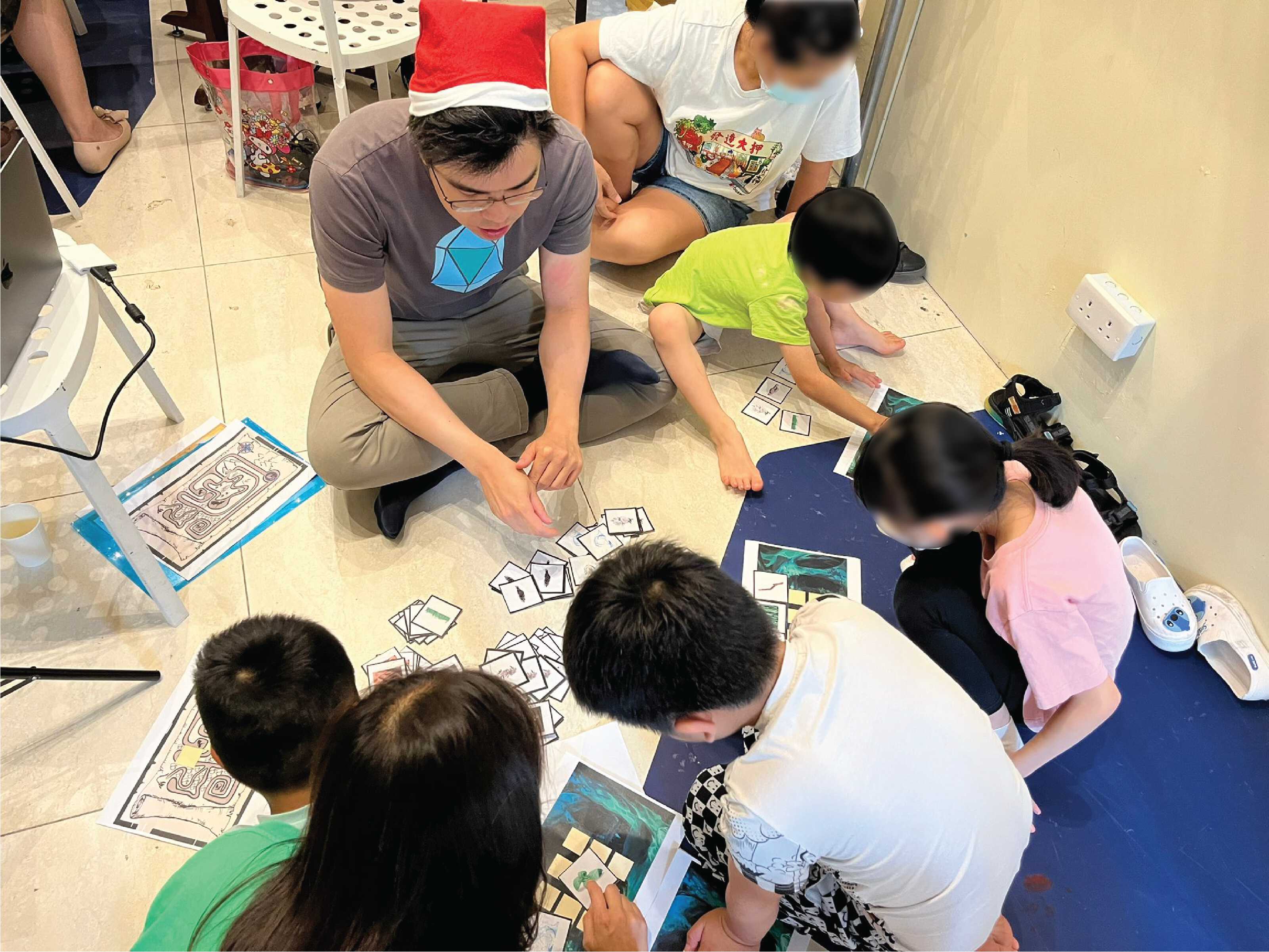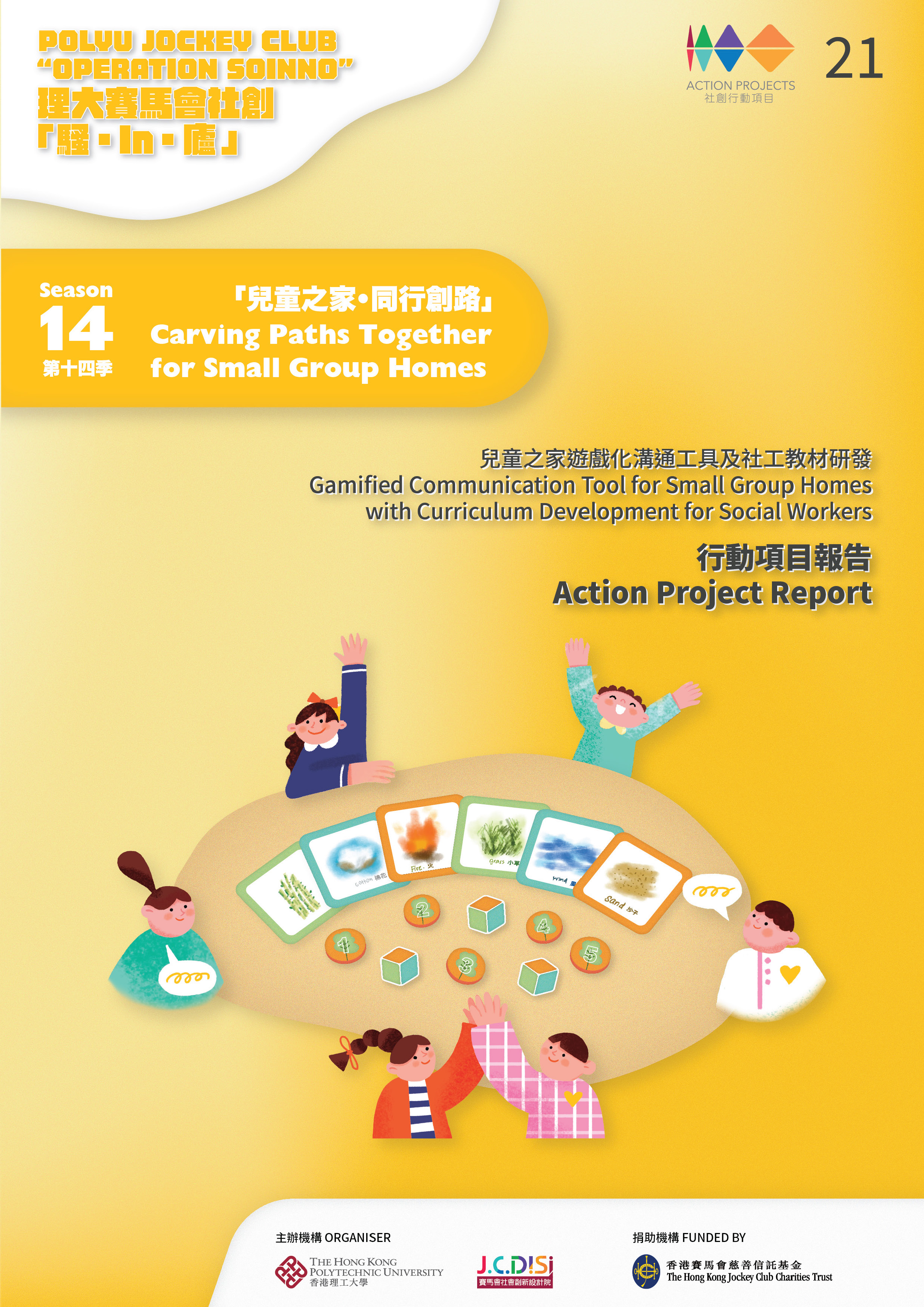Background and Objectives
Gain Deep Insight into the Individuals’ Needs
The project aims to further understand the emotional concerns and habits of children and youth (C&Y) within small group homes (SGHs). By utilising the gamified communication tool, social workers and house parents can gather valuable insights into the experiences and needs of the C&Y, enabling a more comprehensive understanding of their circumstances.
Empower Expression and Aspirations
The gamified communication tool seeks to assist C&Y in reflecting upon the existing operation of Residential Child Care Services (RCCS). It provides a platform for them to express their aspirations, opinions, and suggestions regarding potential hardware and software upgrades within these homes. It also aims to empower C&Y by giving them a voice in shaping the environment they live in and can be widely referenced in other types of RCCS, beyond SGHs.
Facilitate Self-exploration
Through the strength-based gamified communication tool, C&Y will be guided to understand their own strengths, interests, and talents. The tool will assist them in exploring potential career trajectories and future study options. By fostering self-reflection, the game allows C&Y to make informed decisions about their personal development and future pathways.
Engage a Wide Age Range and Varying Learning Abilities
The gamified communication tool is designed to ensure constant and active engagement from a wide age range of participants, spanning from 4 to 18 years old, sometimes with players on varying spectrum of special education needs (SEN). The game's interactive and adaptable design accommodates diverse age groups, ensuring its applicability across different Residential Child Care Services (RCCS) layouts and settings. This objective promotes inclusivity and accessibility for all children residing in SGHs.
Develop a Comprehensible Curriculum
The project aims to develop a readily available and comprehensible curriculum for social workers and other agents of the RCCS. This curriculum will enable social workers to effectively collect children's views, comments, and feedback using the gamified communication tool. Additionally, it can be integrated into existing SGHs resident programmes coordinated by social workers, enhancing the overall effectiveness of these programmes in addressing the needs and aspirations of the children.
Major Processes
The development of the two games involved a series of playtests with C&Y living in SGHs or underprivileged individuals who require community support, particularly on game mechanics, level of challenge, and overall excitement. This was to ensure that the games were refined and improved based on the valuable feedback received from the target audience, ultimately enhancing their overall experience and engagement.

Partnership
- Game development and education consultant
- Illustrator with experience in designing with and for children of SEN straits

